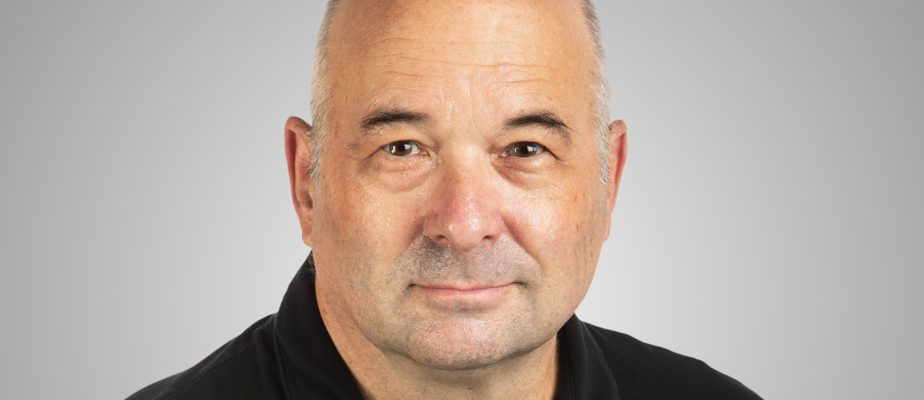Brian Mulroney was deeply Quebecois and deeply federalist. His bet was to take Quebec nationalists with him to Ottawa and give their demands a place within the federal government. This is what will give him his greatest victories, but also his most bitter failures.
The announcement of his death was marked by multiple tributes and testimonies, because there is still a lot of respect for Brian Mulroney. The vast majority of Quebecers remember him as the one who tried. Who bet on openness instead of always putting the lid on the Quebec pot, which his successors have since neglected or found too risky.
When he became Conservative leader in 1983, thinking that Quebec nationalists, “blues”, would take up ministerial seats in Ottawa was a real heresy. Since the Parti Québécois came to power in 1976, the hunt for nationalists and sovereignists (the Liberal government has never really made the distinction) had become the norm in Ottawa.
But Mulroney understood that if he wanted to win, he had to escape this straitjacket. Above all, for the federalist that he was, the idea that Quebec was isolated and absent from the constitutional table was downright unacceptable and this had to be corrected.
Brian Mulroney therefore wanted to offer another path to Quebecers. This was called the “beautiful risk”, according to the expression found by René Lévesque shortly before his departure from politics.
Quebec responded to his call and gave the Conservatives 58 seats out of 75 in 1984, their best result in almost three decades and the basis of a majority government.
This is largely because, during this election campaign, Brian Mulroney solemnly promised to make the Constitution resulting from the unilateral patriation of 1982 acceptable to Quebec “with honor and enthusiasm”.
This was to become the Meech Lake Accord, which was never understood in many circles in English Canada, especially because of the recognition of Quebec as a “distinct society”.
Mountains of misinformation have been thrown around on this topic. My “favorite” was that of the president of a women’s rights group in Manitoba, who seriously and convincingly asserted before a parliamentary committee that the “distinct society” would allow the Quebec government “to force women to have children.
But let’s not go too fast. Before the Meech Lake Accord was declared dead, there was the 1988 federal election, which became a de facto referendum on the United States-Canada Free Trade Agreement .
An agreement which will guarantee access to the immense American market for thousands of small and medium-sized Canadian businesses and which can be said to have greatly helped Quebec SMEs. To leave nothing to chance, Mulroney organized a broad coalition – ranging from Robert Bourassa to Bernard Landry, with the entire business community – in favor of the Free Trade Agreement. Once again, Quebec will respond to his call by giving him 63 seats out of 75, the basis of a new conservative majority government.
But, quickly, this second mandate would become one of great failures.
All Brian Mulroney’s efforts failed to save the Meech Lake Accord, which collapsed in the face of opposition from the Prime Minister of Newfoundland and an Aboriginal MP from Manitoba in 1990.
Not without it tearing apart his Quebec caucus. Too many compromises, according to Lucien Bouchard, who resigned from the government, taking with him five conservative deputies – and two liberals – to form the Bloc Québécois.
In fact, it is almost a miracle that more Conservative MPs have not crossed the House to sit with the Bloc. Mulroney put all his energies into keeping his MPs, even though many of them were as, if not more, nationalists than those who had chosen the Bloc. A party that was able to ride from the start on the charisma of Lucien Bouchard and the exasperation of Quebecers in the face of the attitude of the rest of the country.
Mulroney would still try to reform the Constitution again. This time, it would not only be with the provinces, but also with the participation of indigenous groups. But the climate was no longer conducive to such negotiations. Discontent had spread across the country and the Charlottetown Accord was rejected in 1992 by referendum in Quebec as well as in most other provinces… but not for the same reasons.
In politics, reality catches up even with the virtuosos. After eight years in power and controversial but necessary policies like the Goods and Services Tax (GST), the Conservative government had become worn out and Mr. Mulroney realized he had to go or face defeat.
Ironically, we can say that the best tribute paid to Mr. Mulroney will come from his successor, Jean Chrétien, who never tore up the Free Trade Agreement or abandoned the GST as he had promised during the election campaign. And it is this much-maligned GST that would give the Liberal government the resources to regain budgetary balance and finance its new programs.
What do you think ? Express your opinion
